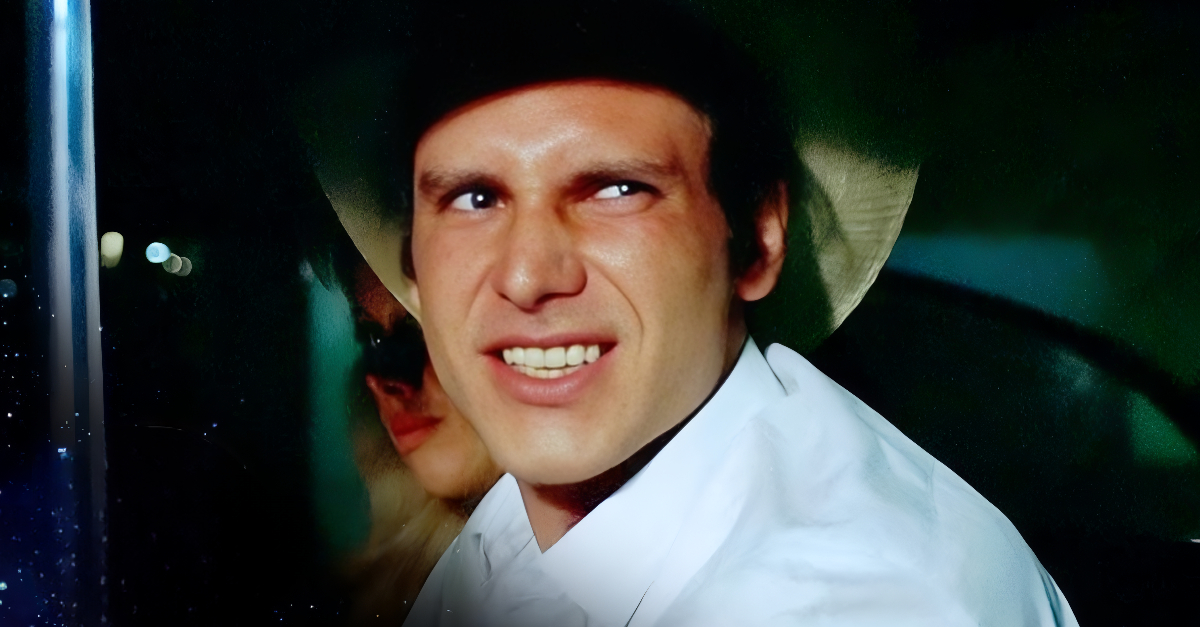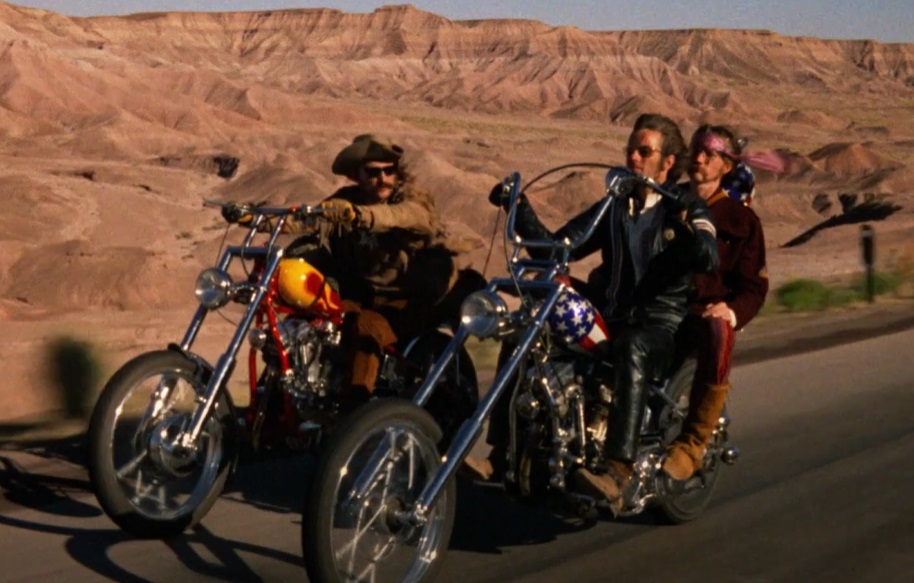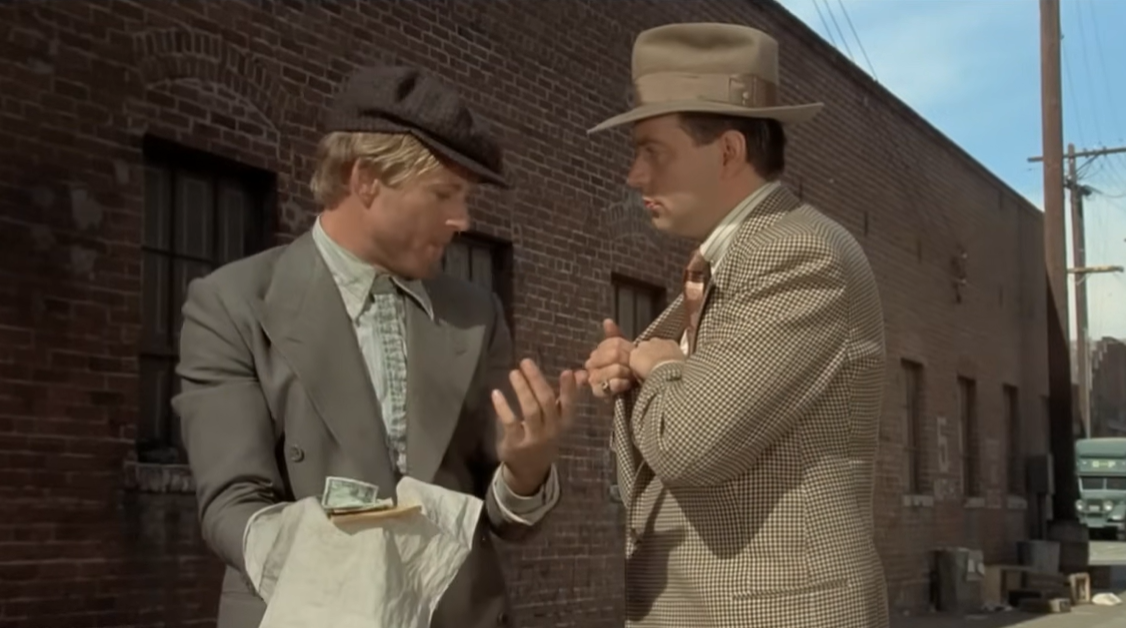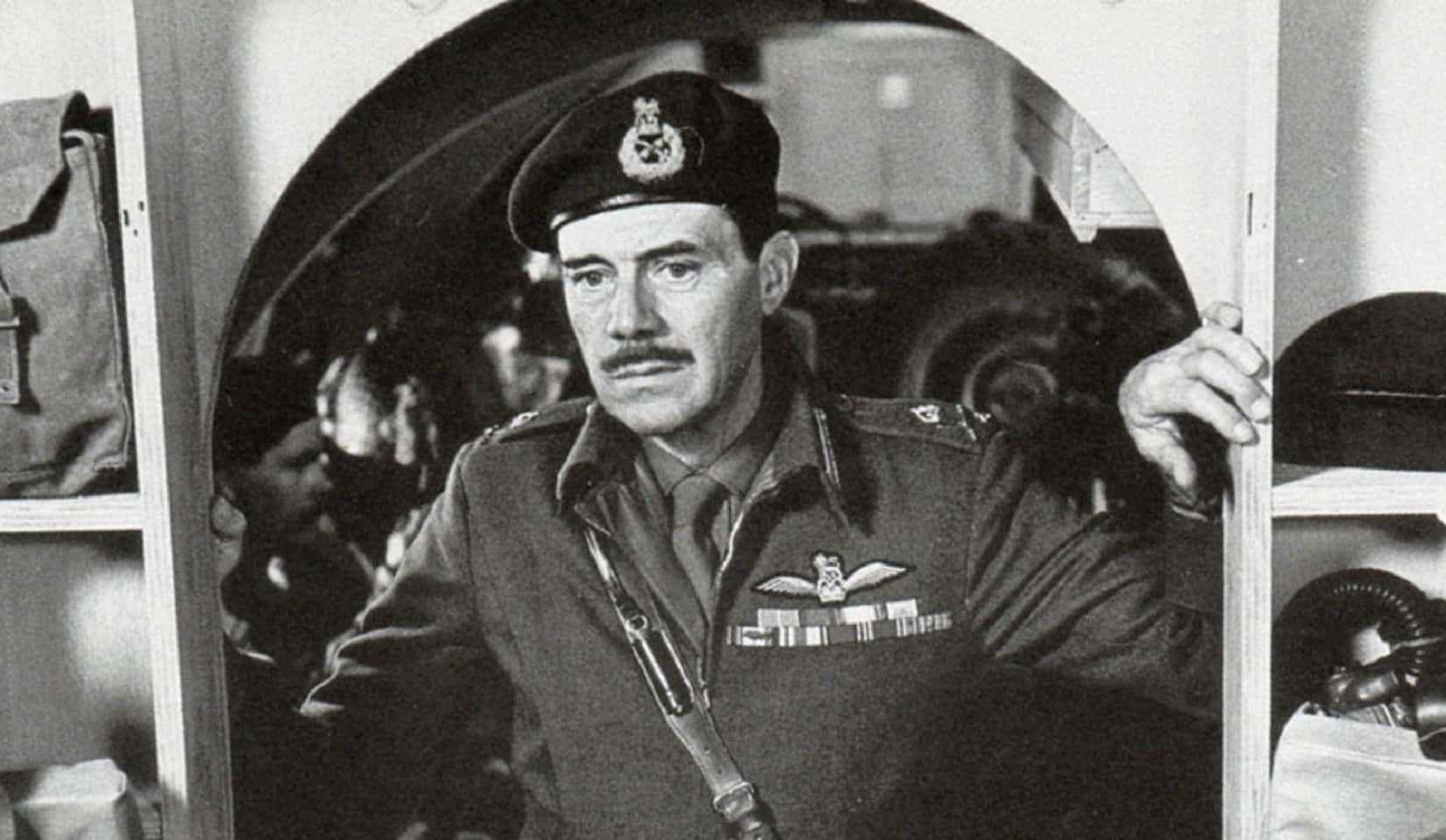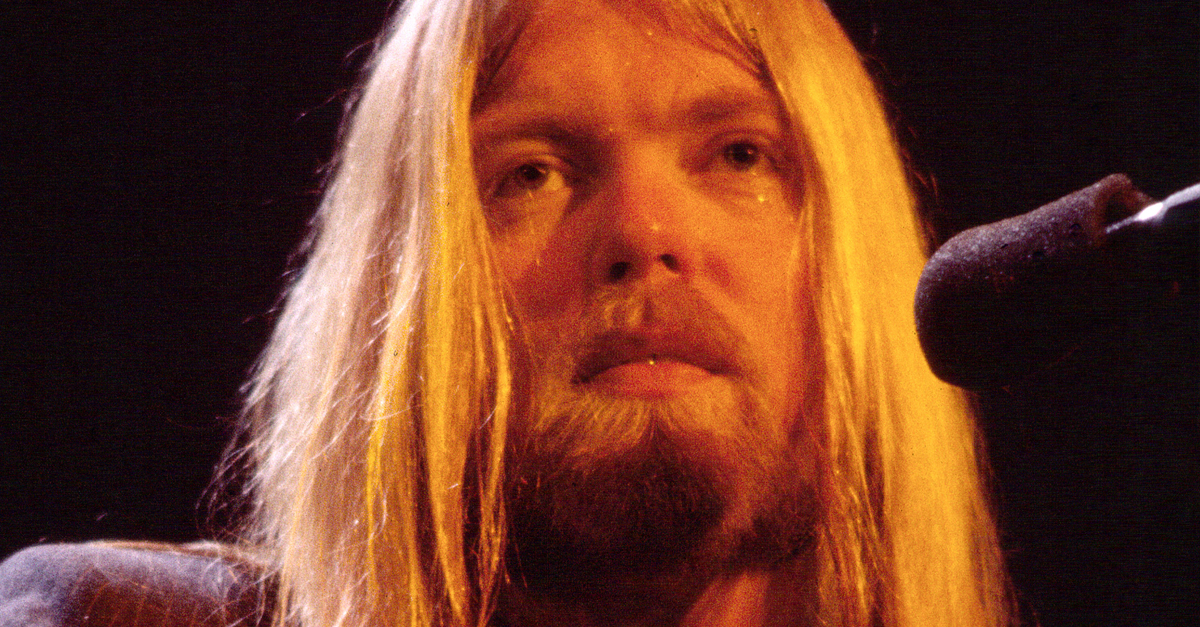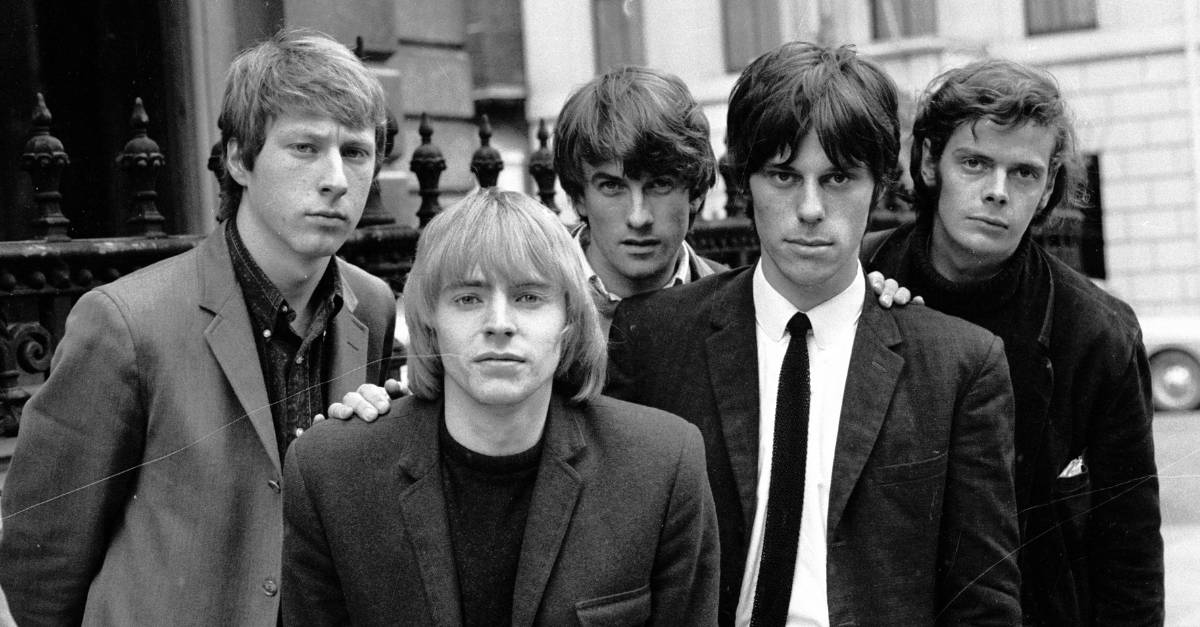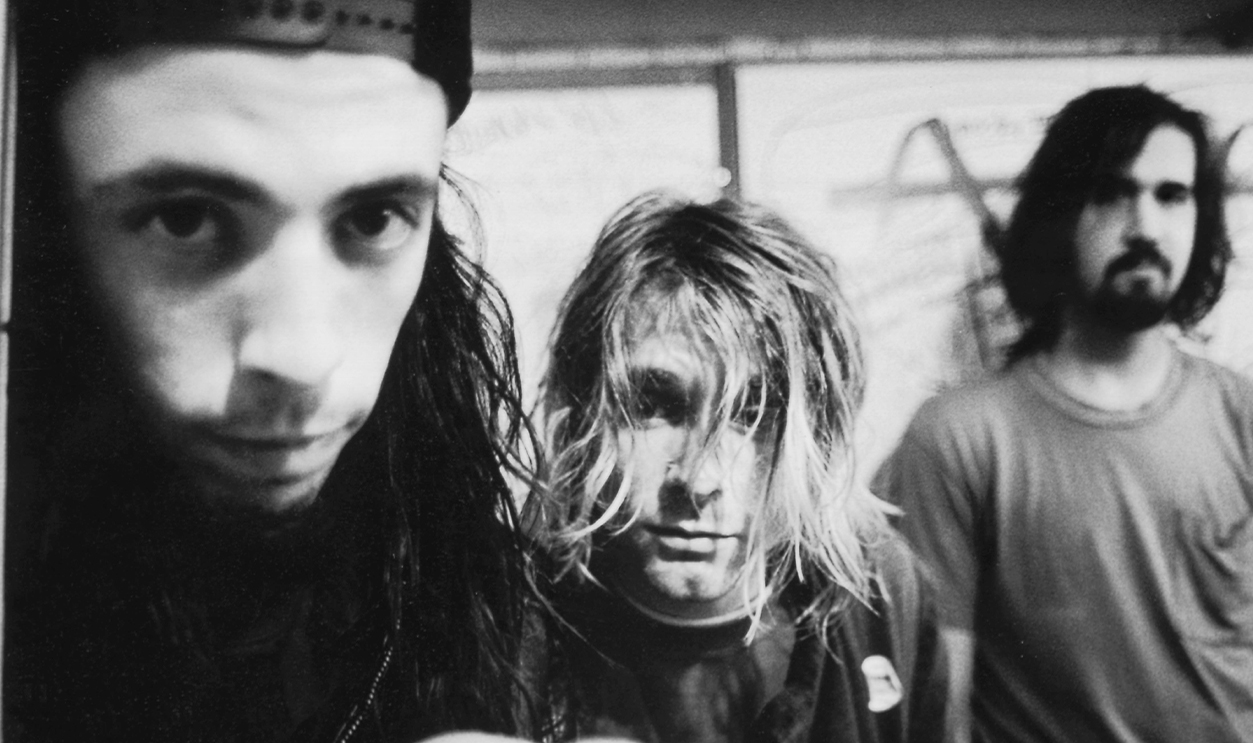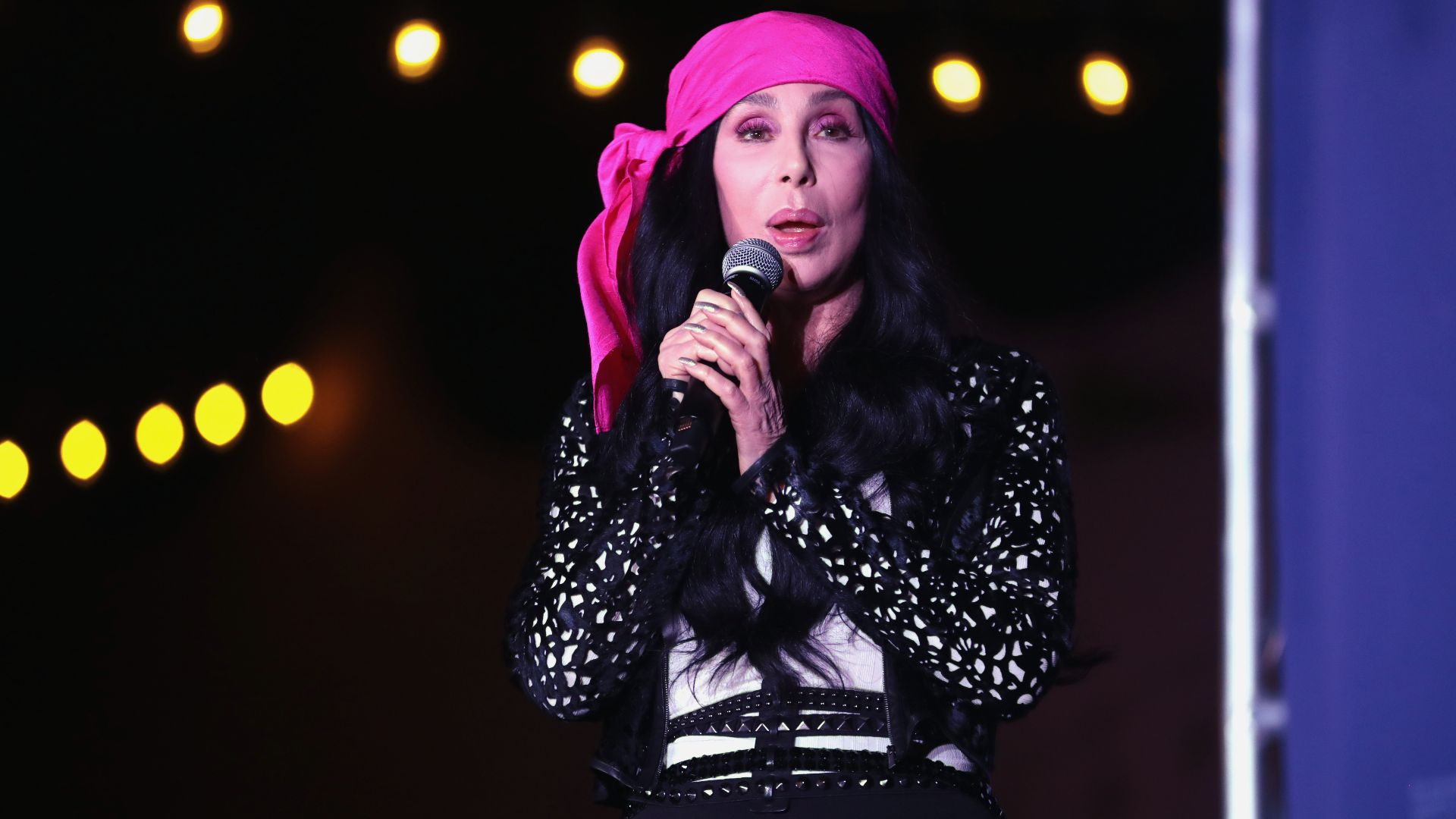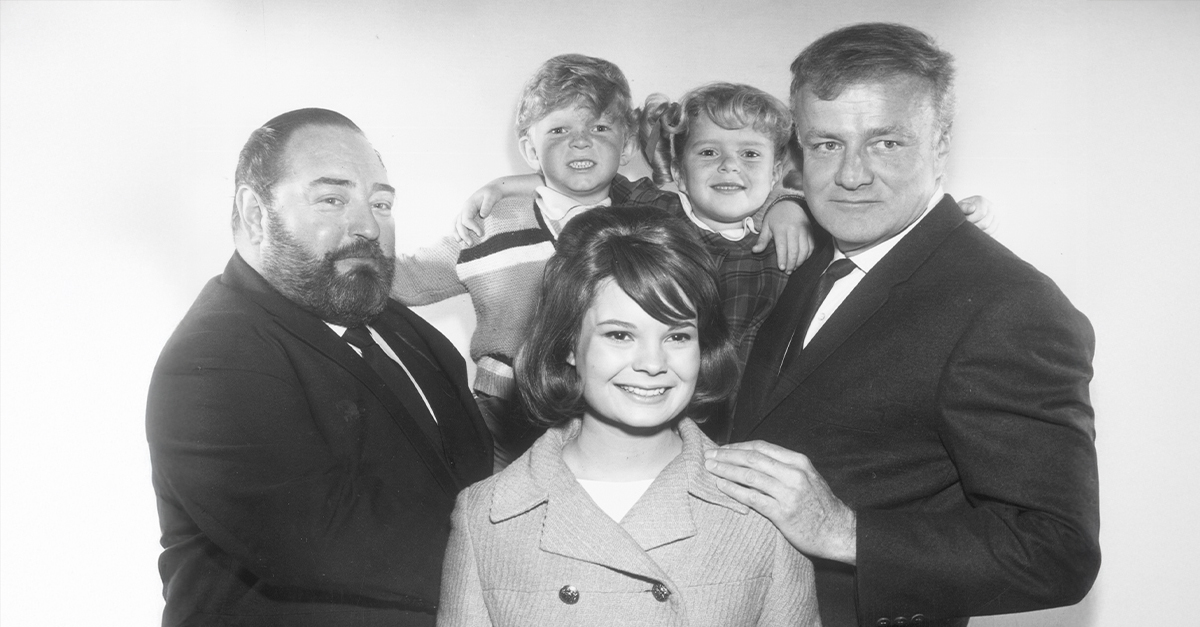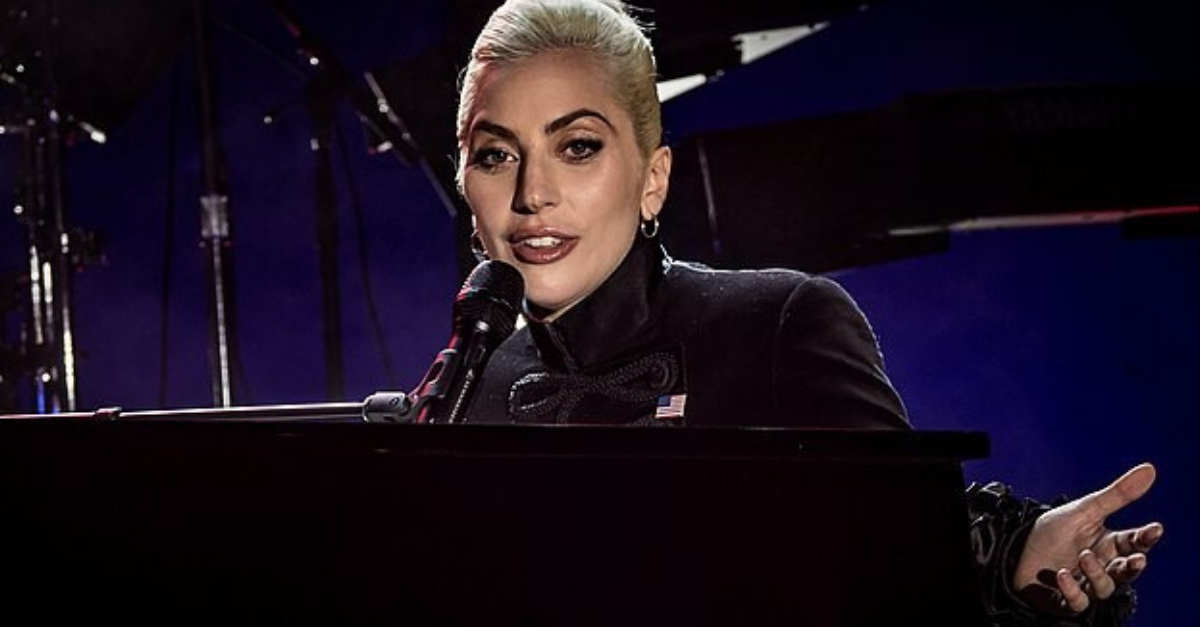Reel Forgotten: Boomers’ Beloved Films Millennials Missed
Boomers didn’t just watch movies—they lined up for them, packed drive-ins, and debated them over jukebox milkshakes. These films were cultural milestones, not just Friday night entertainment. Fast-forward a few decades, and most millennials haven’t even heard of them. And honestly, how many even know what a drive-in or a jukebox is?
"The Last Picture Show" (1971)
A black-and-white snapshot of small-town Texas, where everything feels like it’s crumbling—including young love. Cybill Shepherd and Jeff Bridges became stars overnight. Bleak? Sure. Beautiful? Absolutely. And no CGI needed—just raw heartbreak and a dusty pool hall.
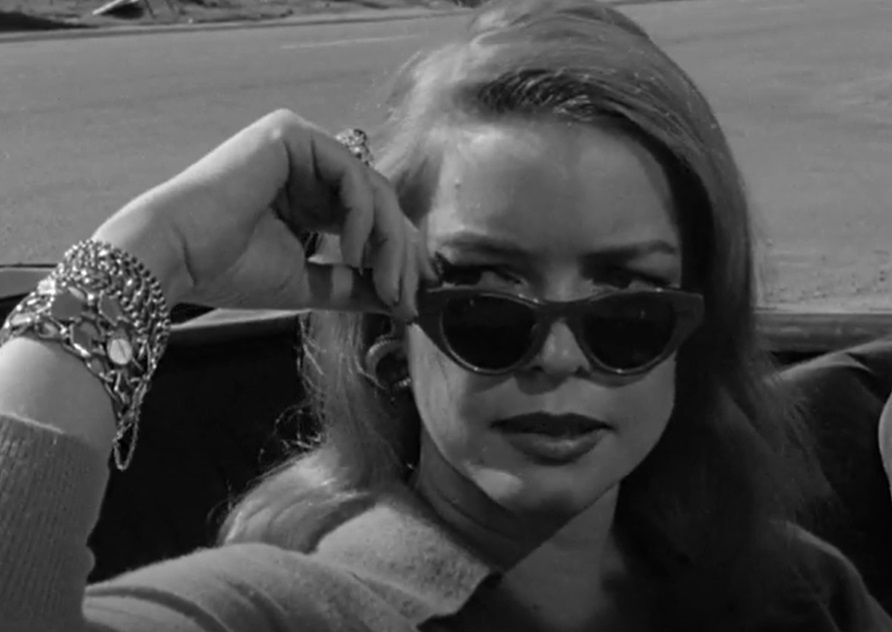 Columbia, The Last Picture Show (1971)
Columbia, The Last Picture Show (1971)
"American Graffiti" (1973)
How many millennials even know George Lucas made a movie that wasn’t Star Wars? This neon-lit cruise through one unforgettable night in 1962 had hot rods, sock hops, and a young Harrison Ford in a cowboy hat (pre–Han Solo!). Pure nostalgia on wheels.
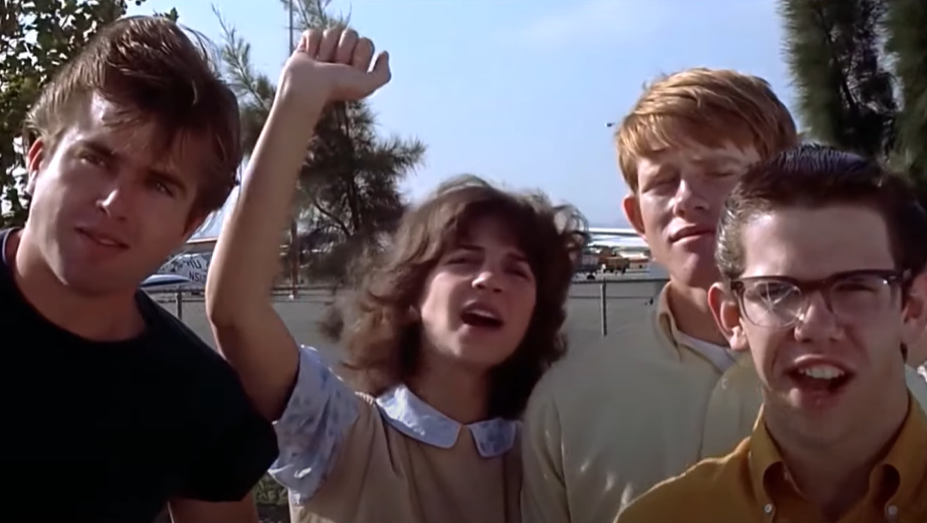 Lucasfilm, American Graffiti (1973)
Lucasfilm, American Graffiti (1973)
"The Big Chill" (1983)
Old college friends reunite after tragedy, but it’s not all tears—it’s Motown singalongs, dancing in kitchens, and awkward love triangles. Boomers saw themselves on-screen. Millennials might recognize the soundtrack it from their parents old record collection.
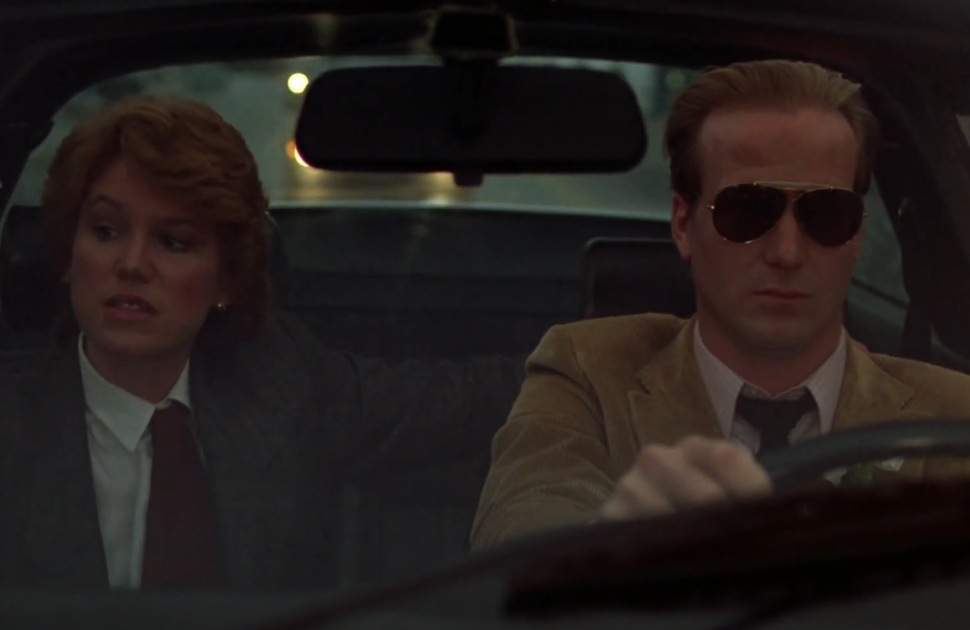 Columbia, The Big Chill (1983)
Columbia, The Big Chill (1983)
"Five Easy Pieces" (1970)
Jack Nicholson nailed the restless anti-hero here. The diner scene—where he argues about toast—turned into one of cinema’s great moments of stubborn rage. Millennials may know Nicholson from The Shining memes, but this was the role that made him an icon.
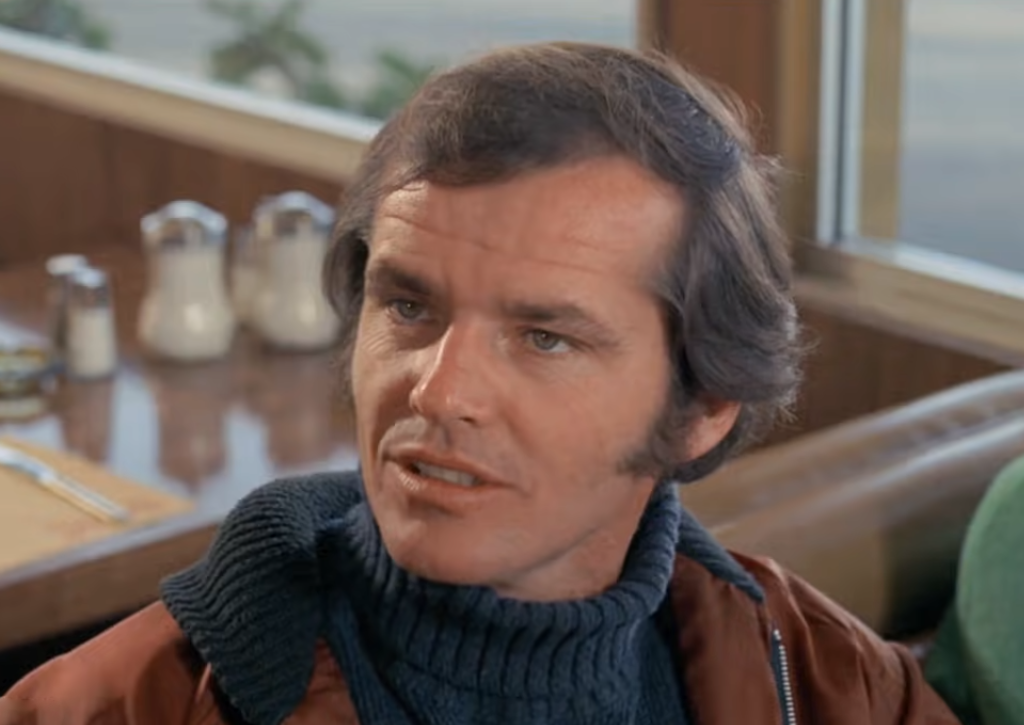 Columbia, Five Easy Pieces (1970)
Columbia, Five Easy Pieces (1970)
"The Graduate" (1967)
Dustin Hoffman’s awkward Benjamin Braddock, Mrs. Robinson’s seduction, and Simon & Garfunkel’s soundtrack made this a generational touchstone. Boomers debated that final bus scene endlessly. Millennials usually don't even get the "are you trying to seduce me" reference. How sad is that?
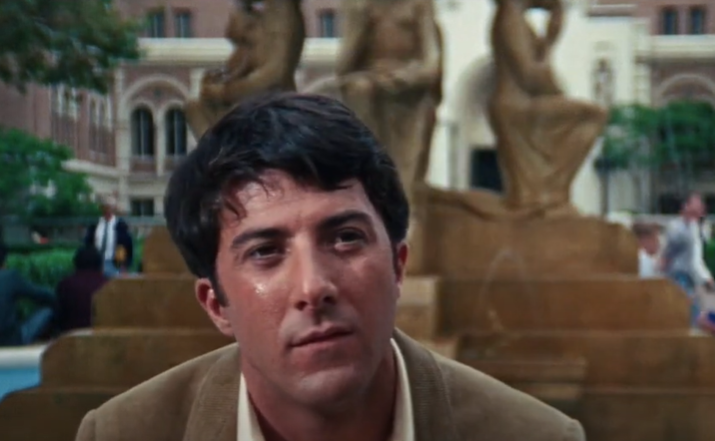 Lawrence Truman Productions, The Graduate (1967)
Lawrence Truman Productions, The Graduate (1967)
"Ordinary People" (1980)
Robert Redford’s directing debut swept the Oscars with its unflinching look at grief and family fractures. Mary Tyler Moore shocked audiences by dropping comedy for cold perfection. Unfortunately we'd be shocked if most millennials knew who Mary Tyler Moore was.
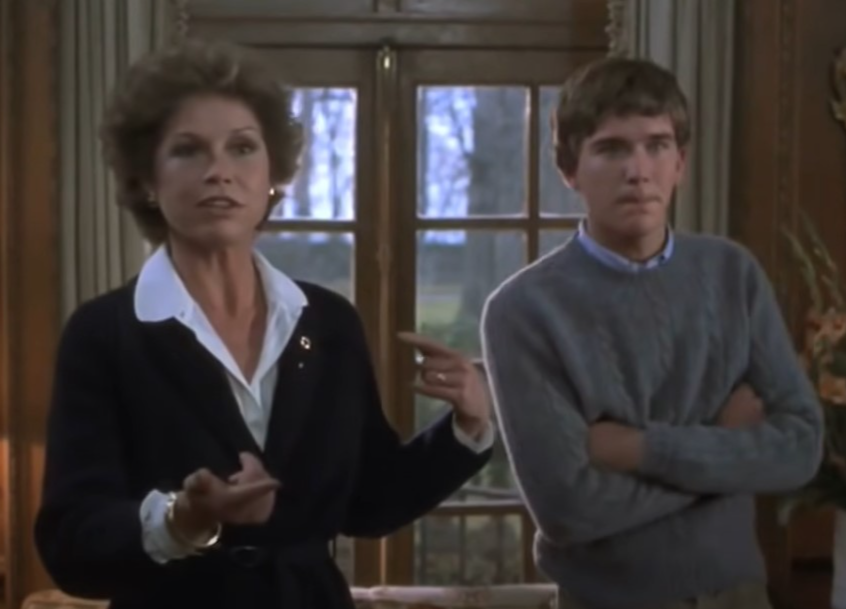 Paramount, Ordinary People (1980)
Paramount, Ordinary People (1980)
"Easy Rider" (1969)
Motorcycles, freedom, and a soundtrack that invented road trip playlists. Boomers lived it, loved it, and dressed like it. Millennials? Unless they’ve queued up “Born to Be Wild,” most don’t realize this film practically was the counterculture.
"On Golden Pond" (1981)
Henry Fonda’s farewell, Katharine Hepburn’s triumph, and Jane Fonda opposite her real-life dad—it was like three generations of Hollywood therapy on-screen. Tender, funny, and proof that Boomers could cry openly at the movies (and then pretend they didn’t).
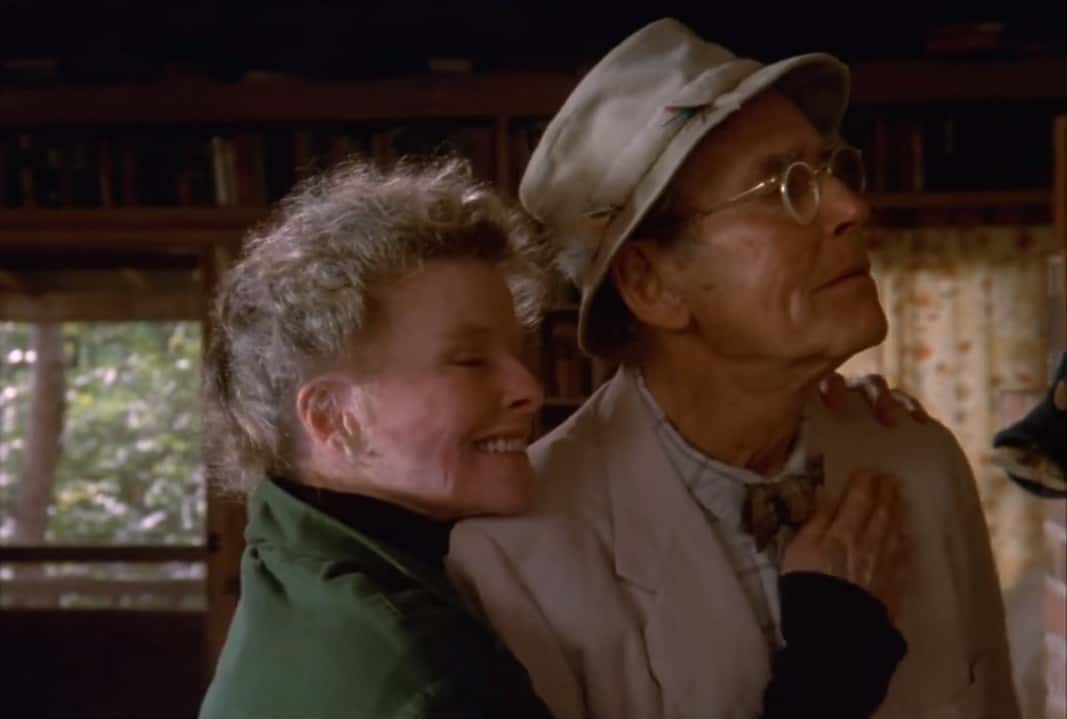 Universal, On Golden Pond (1981)
Universal, On Golden Pond (1981)
"A Man for All Seasons" (1966)
Sir Thomas More versus Henry VIII. Heavy robes, heavier dialogue, and enough moral conviction to last six Oscars. Back in the ’60s, audiences loved this kind of prestige epic. Today, it’s more “essay prompt” than Friday night flick.
 Columbia, A Man for All Seasons (1966)
Columbia, A Man for All Seasons (1966)
"Harold and Maude" (1971)
He’s obsessed with death. She’s obsessed with living. Together, they made one of the quirkiest romances ever filmed. Dark comedy, Cat Stevens songs, and a May-December romance that still makes audiences do a double-take.
 Paramount Pictures, Harold and Maude (1971)
Paramount Pictures, Harold and Maude (1971)
"Chariots of Fire" (1981)
Slow-motion running on the beach with that music—cue the parodies. Behind the spoofs, though, is a moving story about faith, grit, and competition. Boomers took it seriously. Millennials mostly hum the theme when jogging (without probably knowing what movie it comes from).
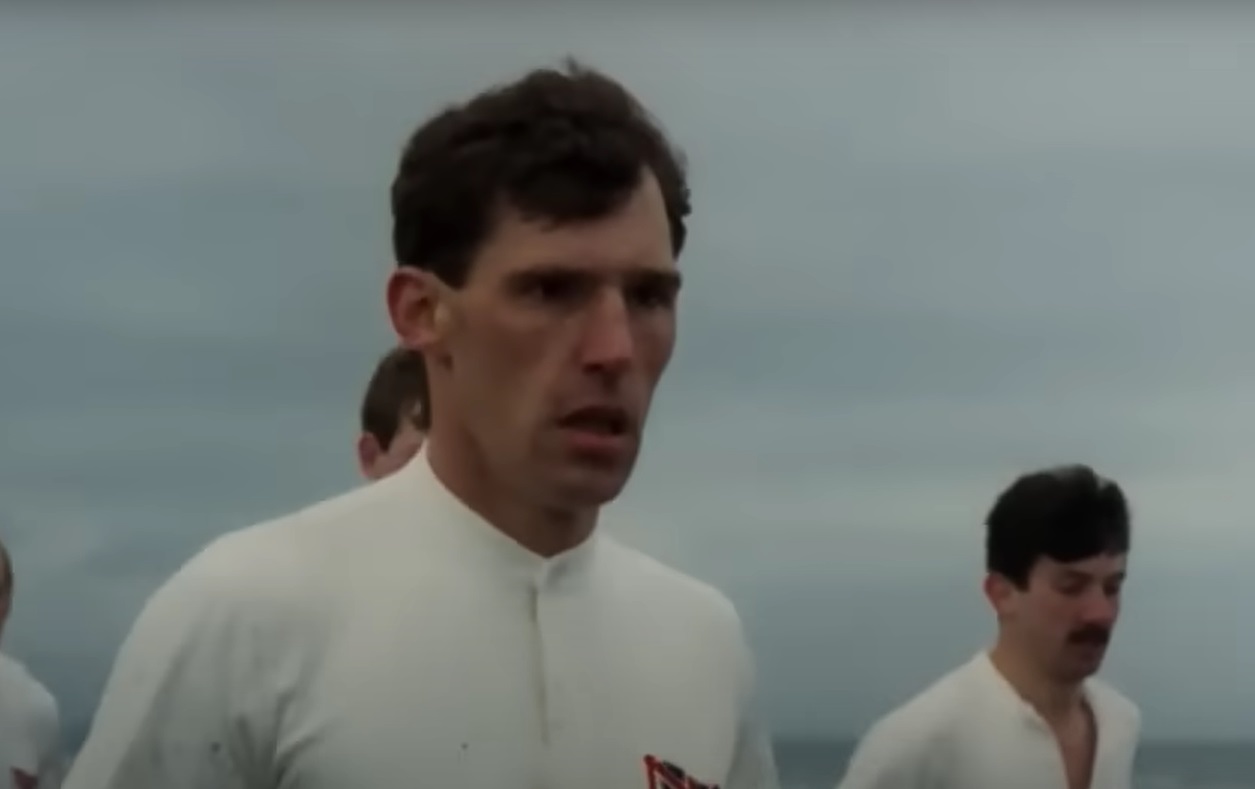 Twentieth Century, Chariots of Fire (1981)
Twentieth Century, Chariots of Fire (1981)
"The French Connection" (1971)
Gene Hackman’s Popeye Doyle was gritty, flawed, and unforgettable. The chaotic car chase through New York still gets studied in film schools. Boomers gasped at the realism. Millennials are used to Fast & Furious—they need to see this car chase.
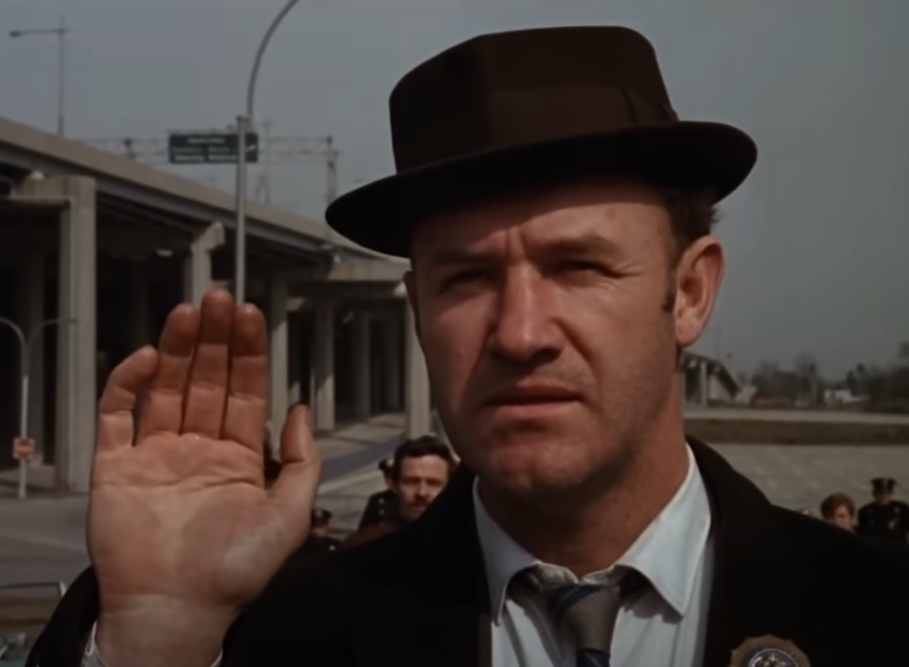 Twentieth Century, The French Connection (1971)
Twentieth Century, The French Connection (1971)
"Midnight Cowboy" (1969)
The only X-rated Best Picture winner. Jon Voight and Dustin Hoffman stumble through New York in a tale that’s equal parts heartbreaking and grimy. And yes—“I’m walkin’ here!” was born on this set, not on a sitcom.
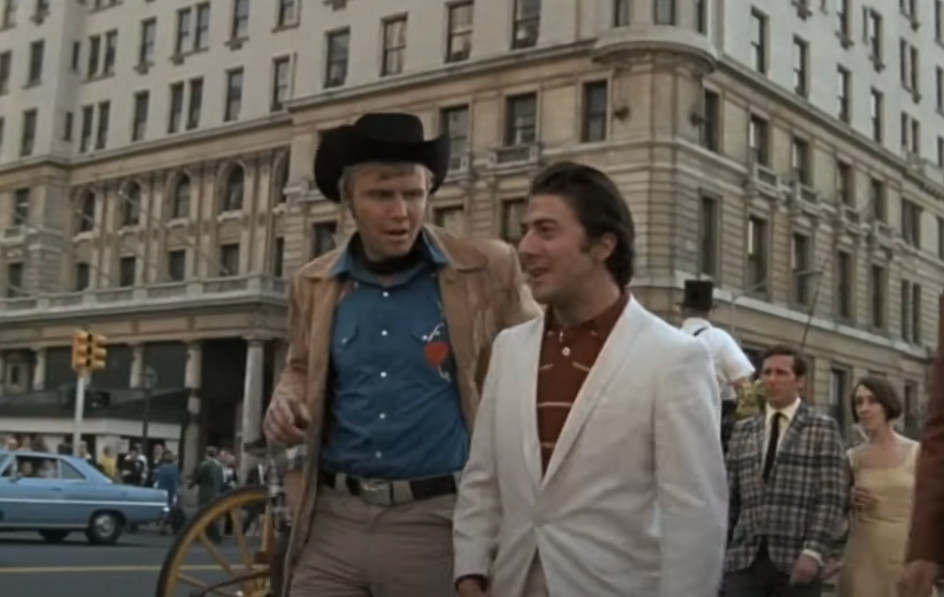 Jerome Hellman Productions, Midnight Cowboy (1969)
Jerome Hellman Productions, Midnight Cowboy (1969)
"The Sting" (1973)
Paul Newman and Robert Redford pulling cons in style—it’s like Ocean’s Eleven but cooler and with better mustaches. Funny thing is, most millennials only know Newman from salad dressing and Redford as “that nodding meme guy.”
"A Bridge Too Far" (1977)
One of the last massive war epics, with Sean Connery, Michael Caine, and Anthony Hopkins all in one film. The runtime was nearly three hours. The cast? Endless. The snack run? Probably longer than the intermission.
"Network" (1976)
“I’m mad as hell, and I’m not going to take this anymore!” Boomers quoted it, lived it, and treated it as prophecy. Millennials? Many think it’s just a meme soundbite—but it was one of cinema’s sharpest media takedowns.
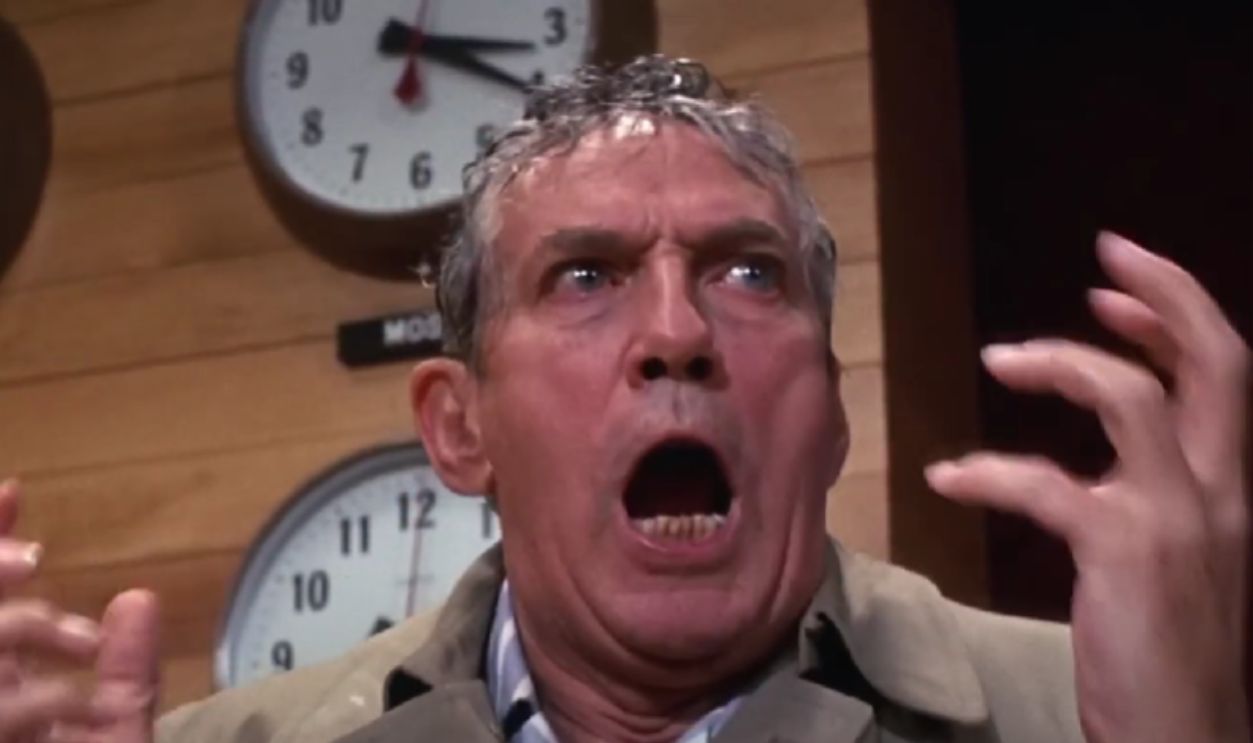 Metro-Goldwyn-Mayer (MGM), Network (1976)
Metro-Goldwyn-Mayer (MGM), Network (1976)
"Kramer vs. Kramer" (1979)
Meryl Streep and Dustin Hoffman went head-to-head in this raw divorce drama. Custody battles, courtroom tears, and one of the most emotional breakfast-making scenes in history. It was the highest-grossing film of its year—no superheroes required.
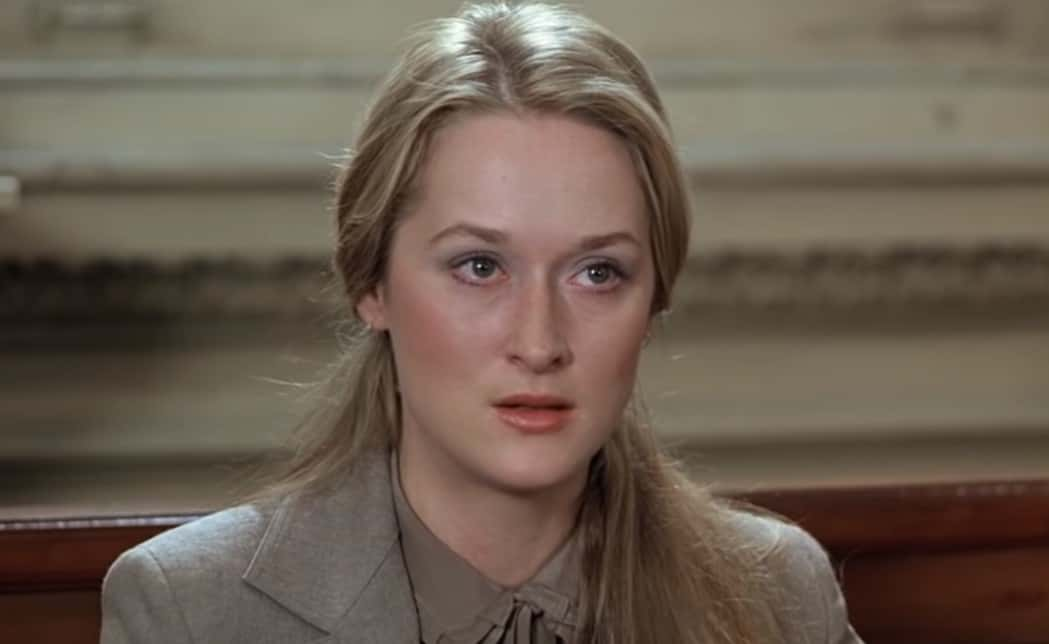 Columbia, Kramer vs. Kramer (1979)
Columbia, Kramer vs. Kramer (1979)
"An Unmarried Woman" (1978)
Jill Clayburgh turned heartbreak into liberation, dancing through New York with newfound confidence. It was feminist, funny, and groundbreaking—resonating with women rethinking their roles in the late ’70s. A bold, empowering drama that doesn’t get enough credit.
 20th Century Fox, An Unmarried Woman (1978)
20th Century Fox, An Unmarried Woman (1978)
"The Conversation" (1974)
Francis Ford Coppola slipped this paranoid thriller between The Godfather films. Gene Hackman’s wiretapper unravels under the weight of secrets. Watching it today feels chillingly modern—because who doesn’t think their phone’s listening in? Hackman worried before it was cool.
 The Coppola Company, The Conversation (1974)
The Coppola Company, The Conversation (1974)
"Paper Moon" (1973)
Ryan O’Neal plays the grifter dad, but his daughter Tatum O’Neal steals the show—and an Oscar at age 10. Depression-era scams never looked so charming, and the black-and-white cinematography still feels timeless.
 Paramount Pictures, Paper Moon (1973)
Paramount Pictures, Paper Moon (1973)
"Bound for Glory" (1976)
David Carradine strums his way through Woody Guthrie’s life in this Dust Bowl biopic. Gorgeous landscapes, heartfelt songs, and early Steadicam work that changed the way movies looked. Protest music never had a bigger stage.
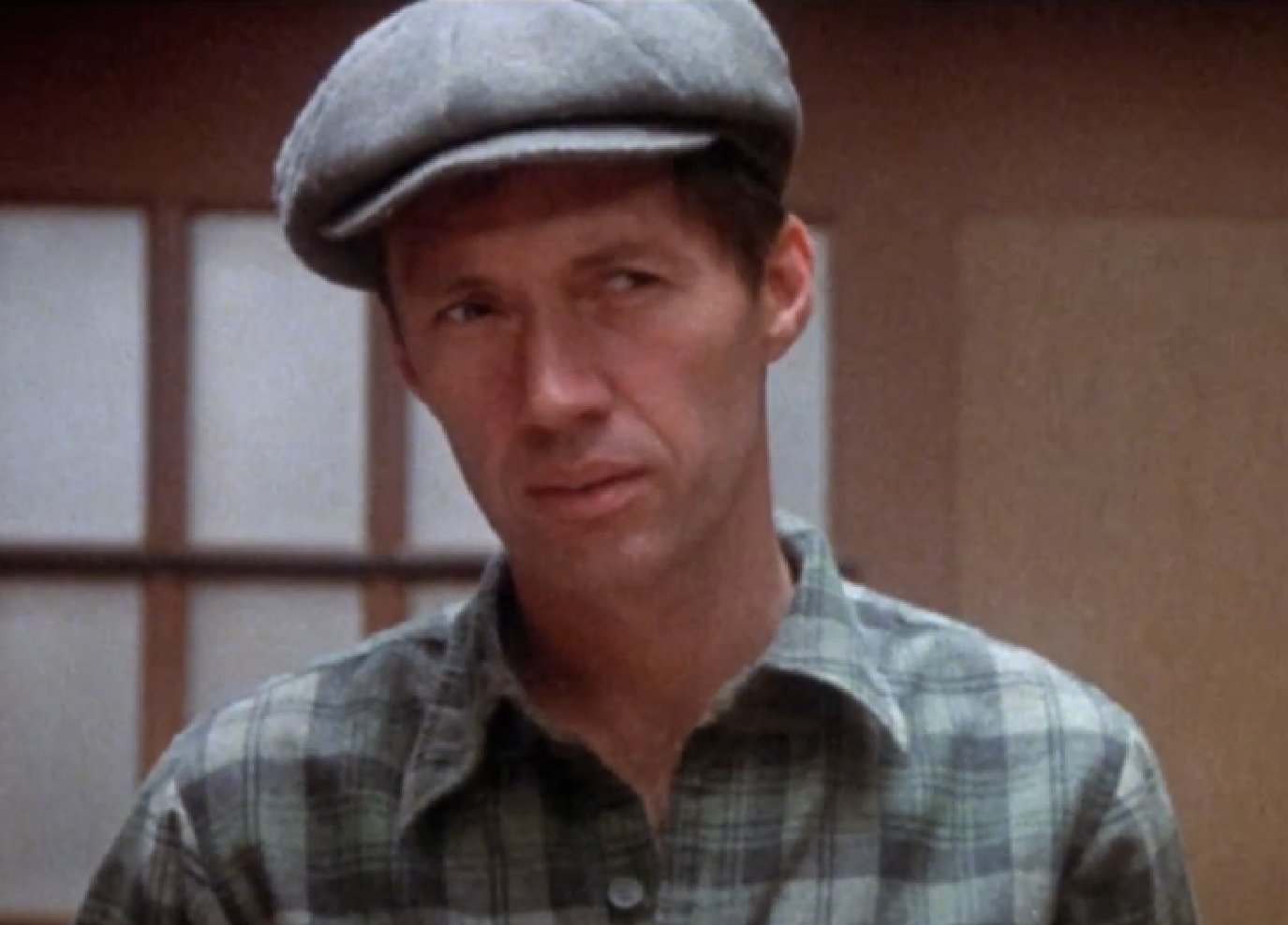 Bound for Glory, Bound for Glory (1976)
Bound for Glory, Bound for Glory (1976)
"Serpico" (1973)
Al Pacino grows a beard, blows the whistle, and takes on the entire NYPD. It’s gritty, furious, and proof that not all cops wear capes—some just wear bad undercover sweaters. Boomers left theaters ready to fight corruption.
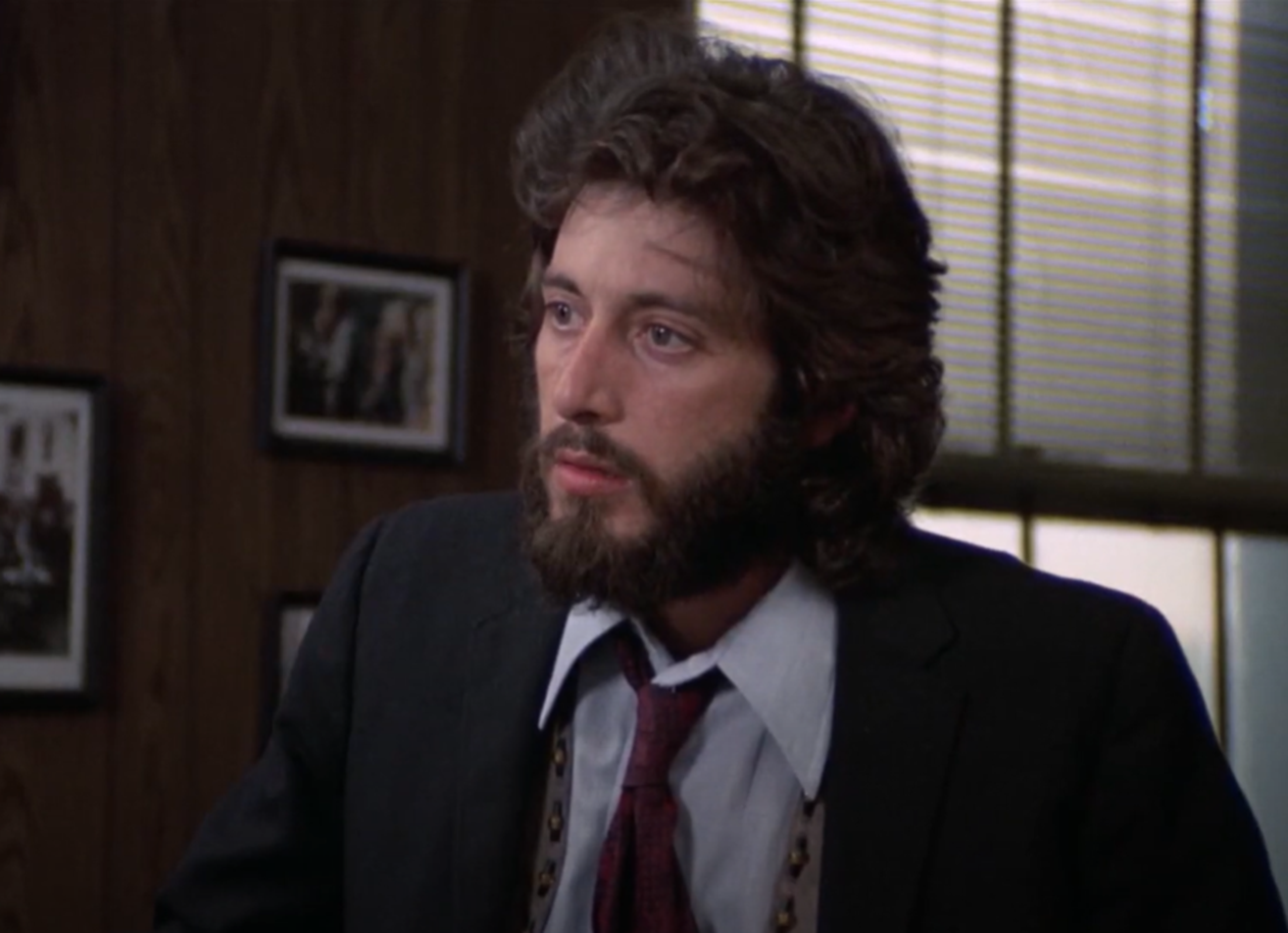 Paramount Pictures, Serpico (1973)
Paramount Pictures, Serpico (1973)
"The Sunshine Boys" (1975)
Two cranky ex-vaudevillians—Walter Matthau and George Burns—bicker their way through Neil Simon’s comedy. Burns walked away with an Oscar at age 80. Millennials think late-career comebacks are new—Burns was doing it before it was cool.
"Dog Day Afternoon" (1975)
Al Pacino again, this time screaming “Attica!” during a bank robbery gone wrong. Tense, messy, and surprisingly tender, it tackled LGBTQ+ themes decades ahead of its time. Proof that true stories can be stranger—and better—than fiction.
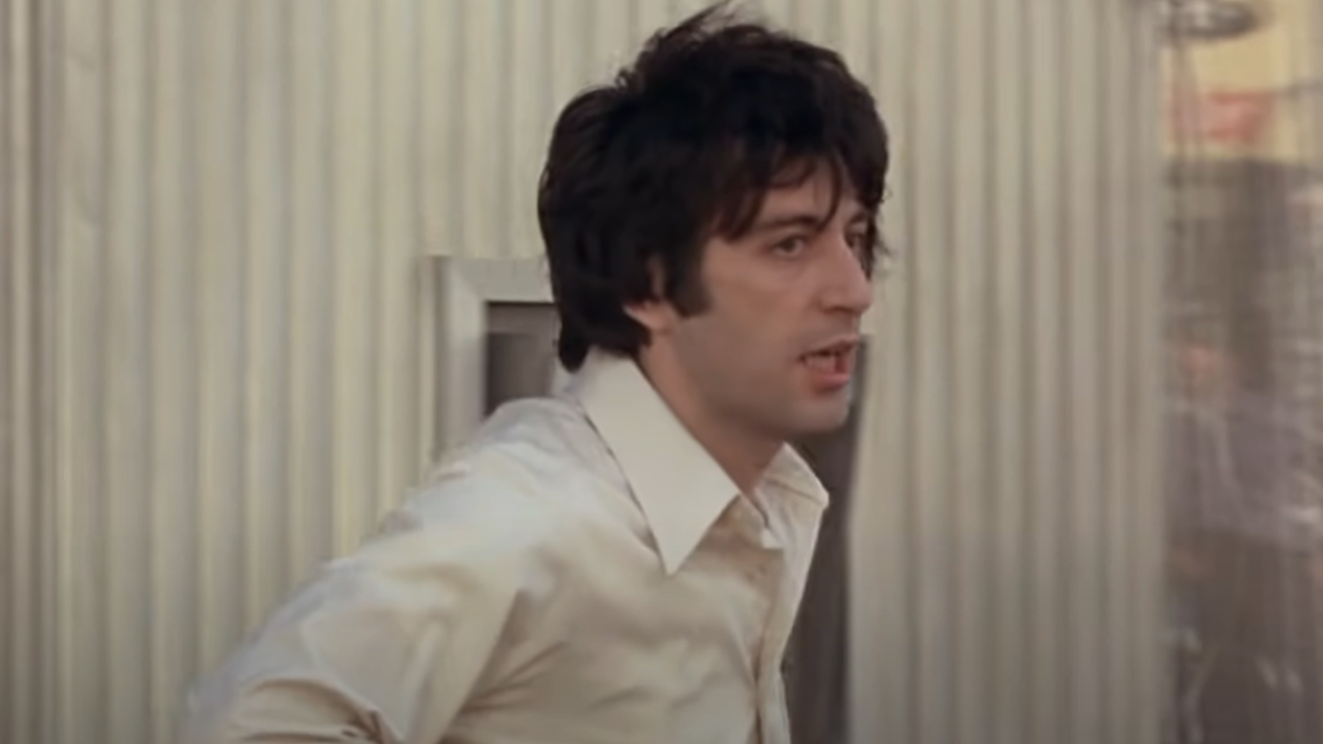 Warner Bros., Dog Day Afternoon (1975)
Warner Bros., Dog Day Afternoon (1975)
"The Way We Were" (1973)
Barbra Streisand and Robert Redford made heartbreak glamorous. Political turmoil, clashing ideals, and that soaring theme song. Boomers sobbed; millennials mostly know Streisand as a meme yelling across a table.
 Columbia Pictures, The Way We Were (1973)
Columbia Pictures, The Way We Were (1973)
"The Turning Point" (1977)
Shirley MacLaine and Anne Bancroft dance, duel, and throw shade in this ballet-centered drama. It earned 11 Oscar nominations but didn’t win a thing. Still, it remains one of Hollywood’s juiciest rivalries on-screen.
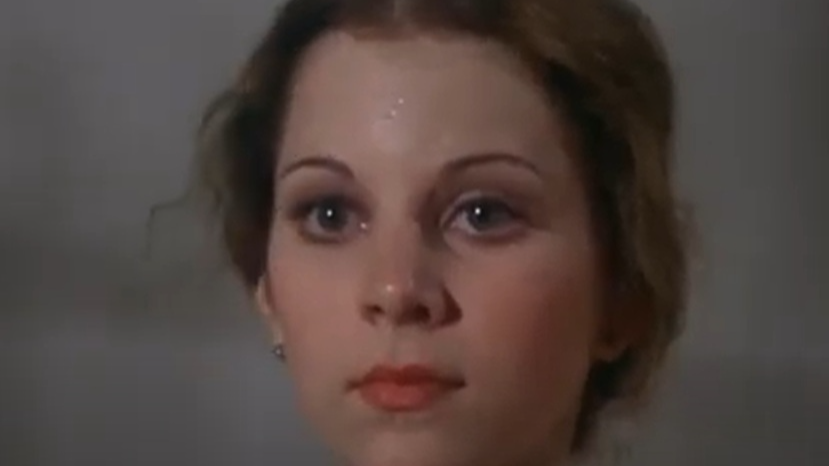 Twentieth Century, The Turning Point (1977)
Twentieth Century, The Turning Point (1977)
"Coming Home" (1978)
Jon Voight and Jane Fonda gave powerful performances in this Vietnam-era romance. It was political, passionate, and personal—showing the struggles of veterans through love stories that still resonate. Boomers saw it as both healing and revolutionary.
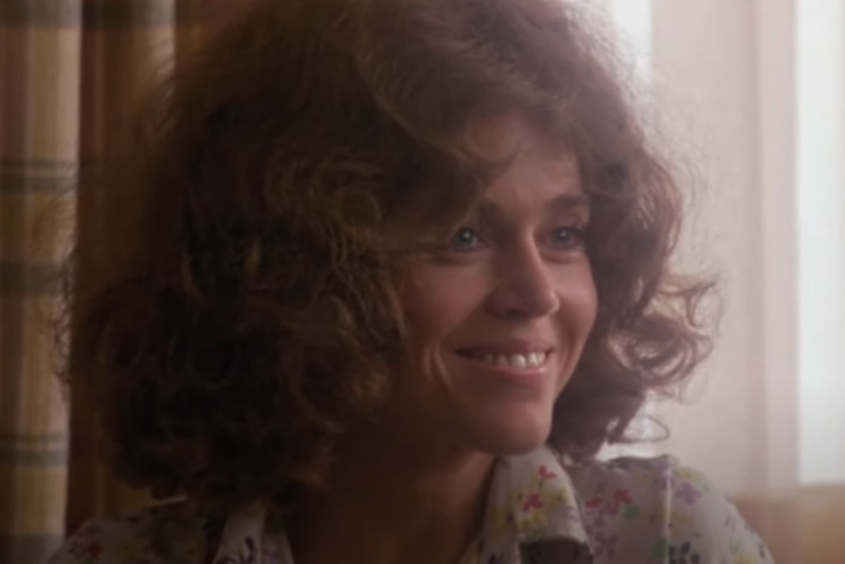 Jayne Productions Inc., Coming Home (1978)
Jayne Productions Inc., Coming Home (1978)
"Deliverance" (1972)
Four city guys take a canoe trip that becomes every camper’s nightmare. Between the dueling banjos and the terrifying backwoods encounter, Boomers left theaters shaken. Millennials? Well, maybe it's better they don't know what we're talking about when we say "squeal like a pig".
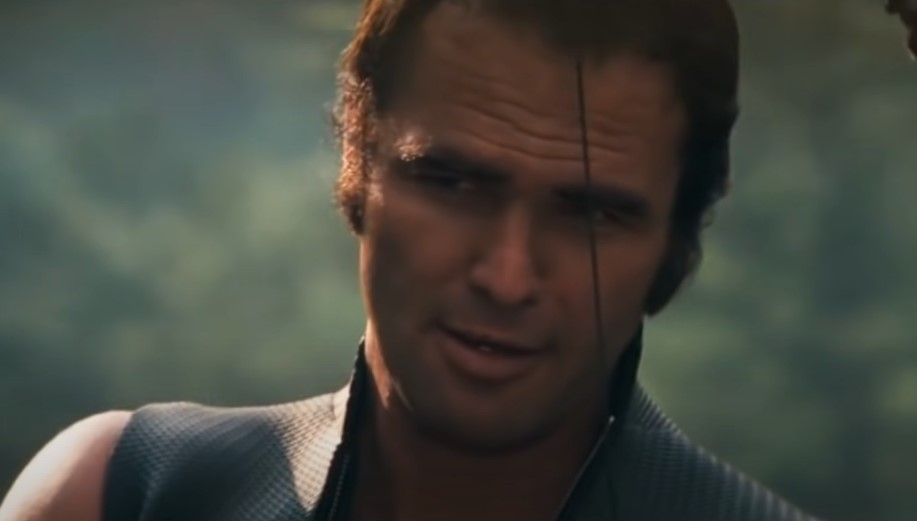 Warner Bros., Deliverance (1972)
Warner Bros., Deliverance (1972)
"The Man Who Would Be King" (1975)
Sean Connery and Michael Caine swashbuckle through Rudyard Kipling’s tale of adventurers-turned-rulers. Directed by John Huston, it’s old-school epic filmmaking—big landscapes, bigger egos, and the kind of adventure story Hollywood doesn’t make anymore.
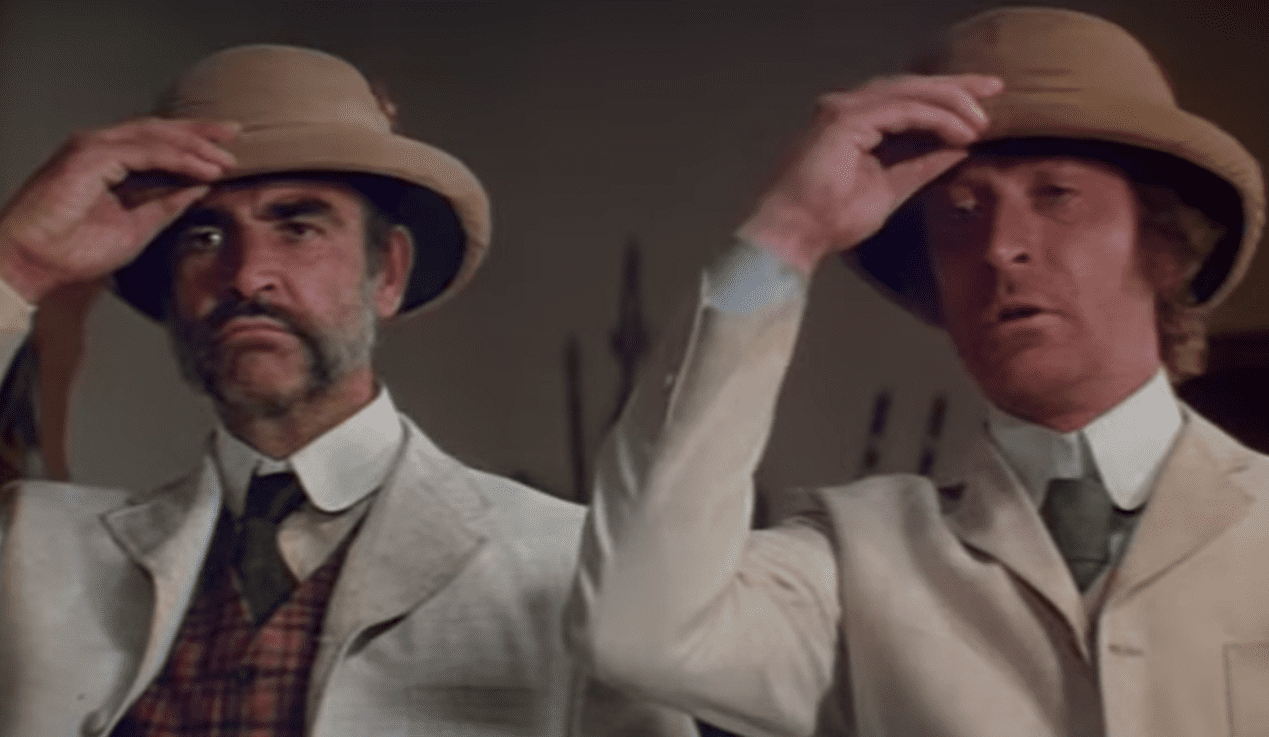 Columbia Pictures, The Man Who Would Be King (1975)
Columbia Pictures, The Man Who Would Be King (1975)
You Might Also Like:
Quiz: Can You Match the Quote to the Movie?

